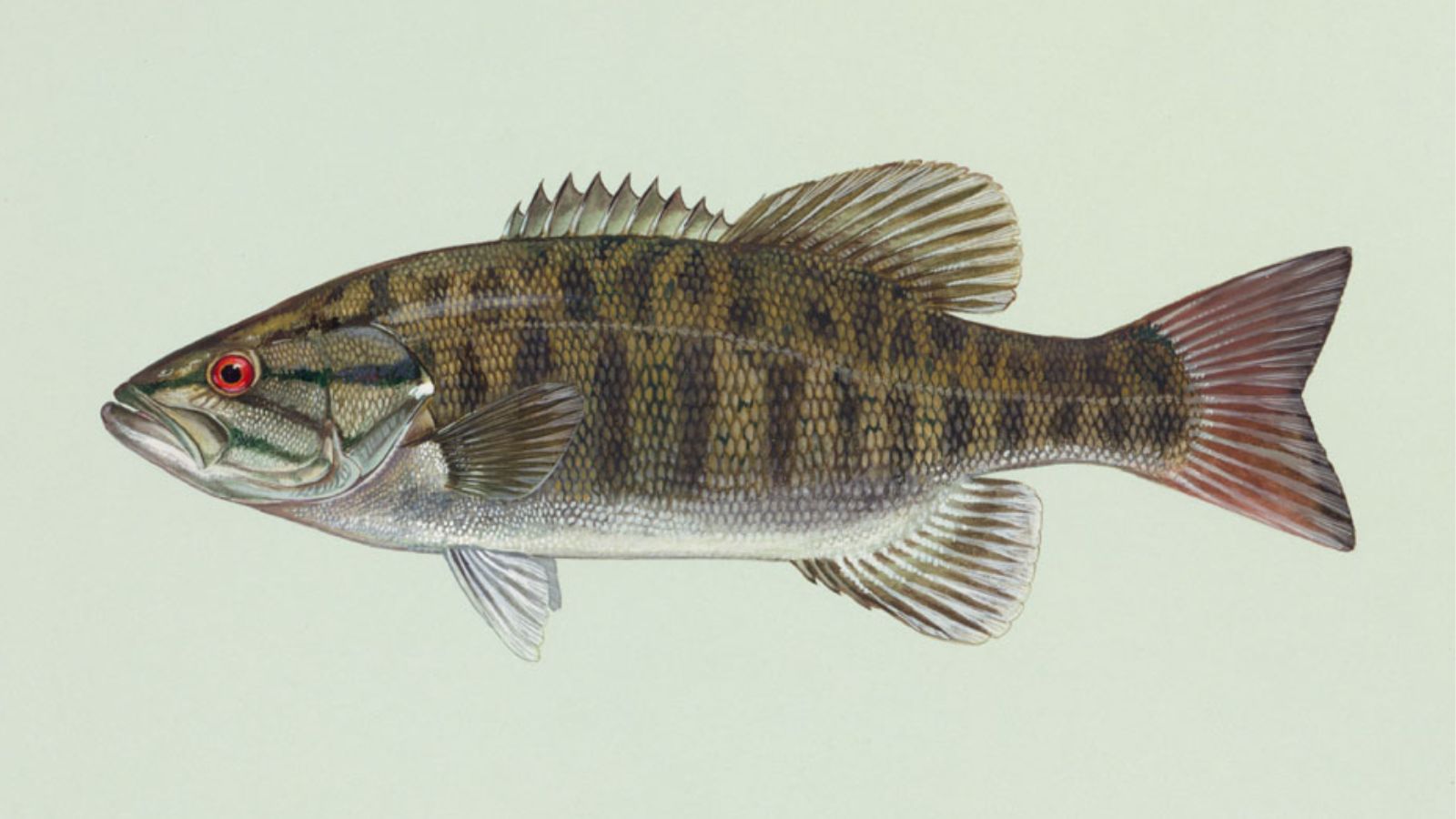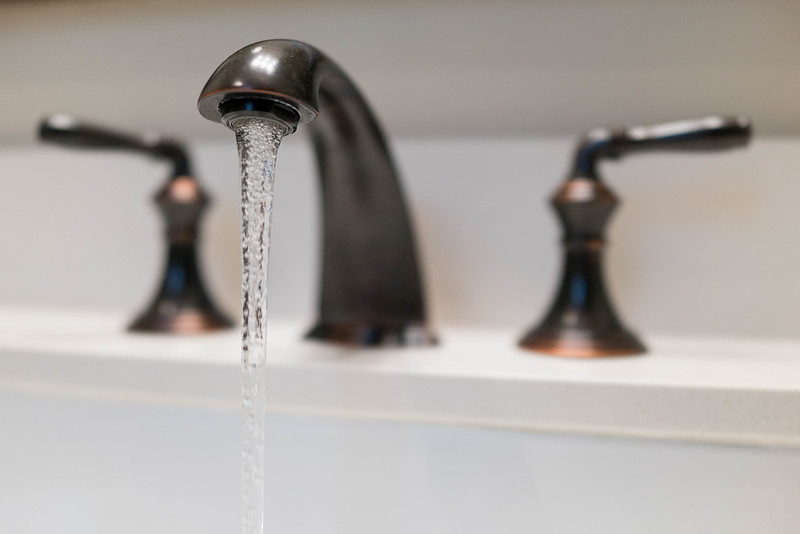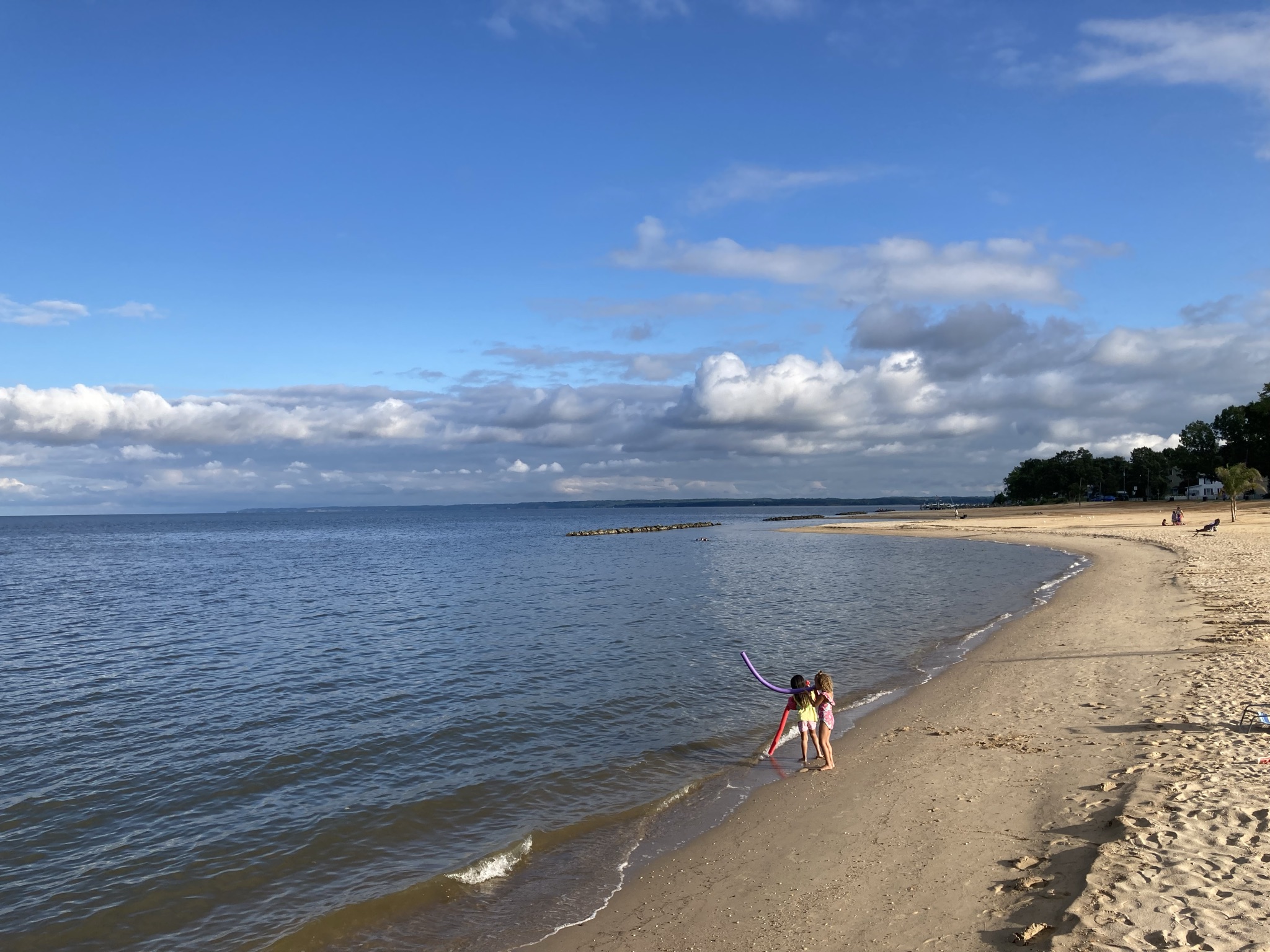
Trouble in the water? MD issues new fish consumption advisories for PFAS
On December 8th, the Maryland Department of the Environment released new fish consumption advisories for PFAS and other toxic contaminants.

On December 8th, the Maryland Department of the Environment released new fish consumption advisories for PFAS and other toxic contaminants.
According to the Environmental Protection Agency, exposure to PFAS chemicals, even in small amounts over time, has been linked to serious health effects including cancer, thyroid disruption and reduced vaccine response.
PFAS are used to make a wide variety of products water- and grease-resistant. They are in use in everything from raincoats and hiking boots to gloves and cookware. PFAS have been given the nickname “forever chemicals” because they don’t break down in our bodies or in the environment. So the more they get used, the more they build up and the bigger the risk they pose to our health.
The recommendations come after sampling of tissue from fish and seafood throughout the state with a focus on areas popular for recreational fishers. The recommendations are based on federal guidelines for PFOS consumption in fish, which some advocates argue are not strict enough to be health protective.
The advisories and sampling are helpful for the public, but the state should go much further to protect Marylanders from exposure to toxic PFAS. We need the Moore Administration to use every tool they have in their toolbox to stop new PFAS exposure and hold polluting industries accountable to clean up existing contamination.
As I explained to the Baltimore Sun, “You can’t shop your way out of PFAS exposure. You can’t smart-fish your way out of PFAS exposure. Marylanders need more.”
Topics
Authors
Emily Scarr
State Director, Maryland PIRG Foundation
Emily directs strategy, organizational development, research, communications and legislative advocacy for Maryland PIRG. Recently, Emily helped win small donor public financing in Montgomery and Howard counties, and the Maryland Keep Antibiotics Effective Act to protect public health by restricting the use of antibiotics on Maryland farms. Emily also serves on the Executive Committees of the Maryland Fair Elections Coalition and the Maryland Campaign to Keep Antibiotics Working, and the Steering Committees for the Maryland Pesticide Action Network and Marylanders for Open Government. Emily lives in Baltimore with her husband and dog.
Find Out More

A look back at what our unique network accomplished in 2023

Got PFAS?

Has PFAS contaminated your beach?
